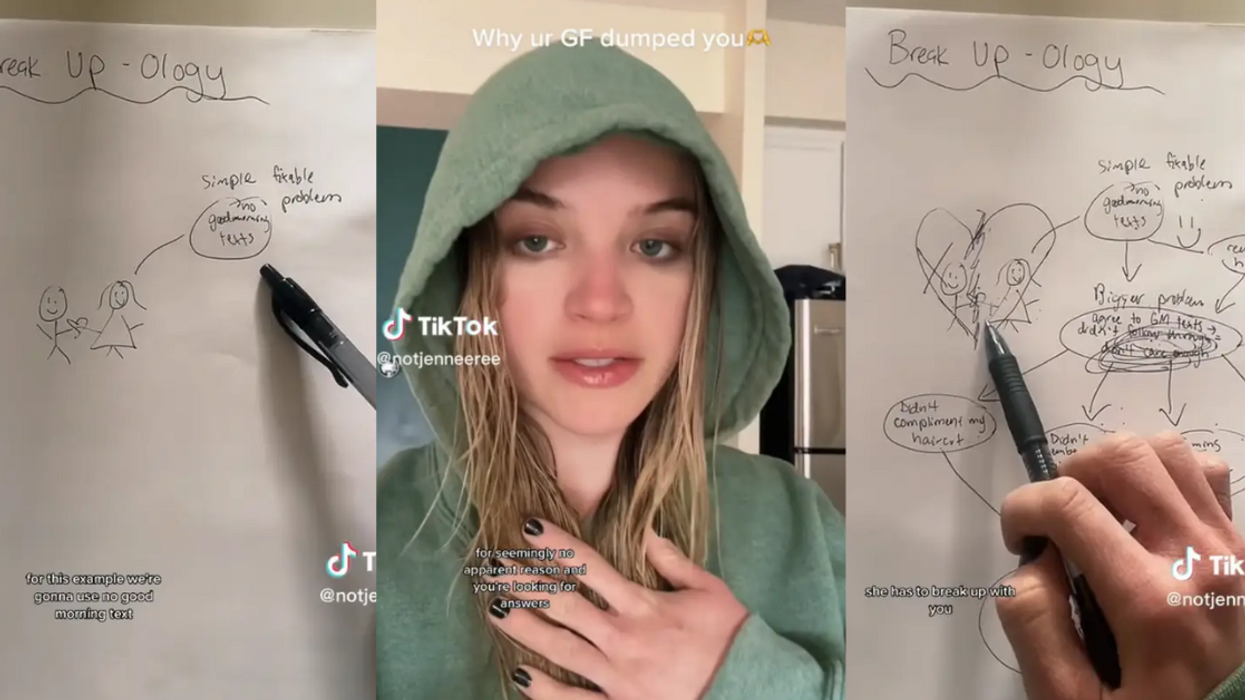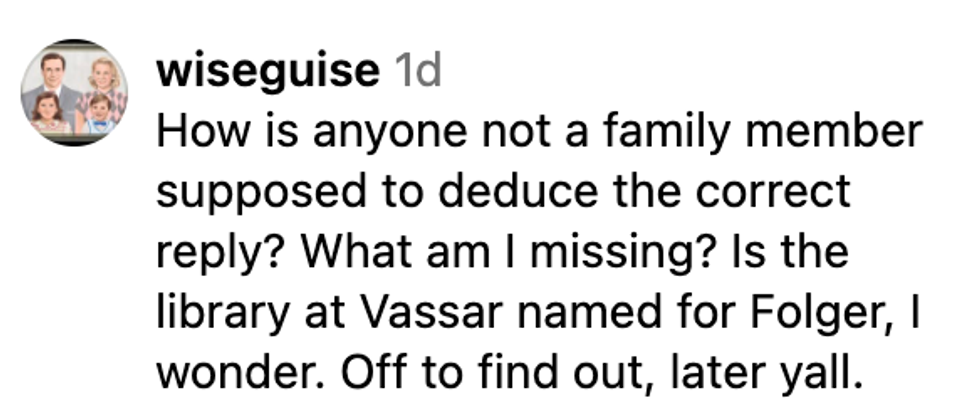Colorado Republican Representative Lauren Boebert was criticized after she used a recent interview actor and talk show host Drew Barrymore conducted with transgender TikToker Dylan Mulvaney to suggest liberals are actually anti-woman.
Initially, Boebert issued a seemingly unspecific tweet in which she claimed that liberals "believe men are better at being women than women are" and suggested there's "irony" in a "liberal's world being a man's world" for all their focus on gender equality.
You can see Boebert's tweet below.
Later, Boebert shared an image of Barrymore kneeling in front of Mulvaney as they shared an emotional heart to heart about dealing with hatred and transphobia.
Barrymore's interview with Mulvaney—who once made headlines after she was attacked by conservative transgender Olympian Caitlin Jenner—was notable for the support and advice she offered to Mulvaney given her experience of being disparaged on public platforms since her days as a child performer.
Boebert did not appear to have watched the interview and the image of Barrymore talking with Mulvaney has been shared constantly by right-wing outlets and social media accounts to fuel anti-trans rhetoric online.
Many called Boebert out for continued transphobia and for wasting time attacking celebrities instead of actually working in Washington.
Boebert is one of the most high-profile anti-LGBTQ+ members of Congress and has shared her bigoted opinions about transgender people on more than one occasion.
Last year, she suggested opponents of Florida's controversial "Don't Say Gay" law should just "build your own Florida." Boebert claimed the law protects children from doing "irreversible damage to their bodies," employing the patently false right-wing talking point that doctors are allowing children to transition without appropriate medical review.
Boebert has loudly and proudly insisted that providing gender-affirming care is wrong, remarks that go against the consensus of the medical community, whose members have noted that transgender children and teenagers who receive gender-affirming care are much less likely to experience depression or die by suicide.








 Sad Michael Scott GIF
Sad Michael Scott GIF
 Monsters Inc Hug GIF
Monsters Inc Hug GIF






 @bill_lipp/Instagram
@bill_lipp/Instagram @mad_thra5her/Instagram
@mad_thra5her/Instagram @strangeandforeignca/Instagram
@strangeandforeignca/Instagram @alex_goley/Instagram
@alex_goley/Instagram @ztaknek/Instagram
@ztaknek/Instagram @shelly_arch/Instagram
@shelly_arch/Instagram @bcaryfk/Instagram
@bcaryfk/Instagram @wiseguise/Instagram
@wiseguise/Instagram @jesse_meeson/Instagram
@jesse_meeson/Instagram @imitationbyjerell/Instagram
@imitationbyjerell/Instagram @mfbuglio/Instagram
@mfbuglio/Instagram

 @thetinychefshow/TikTok
@thetinychefshow/TikTok @thetinychefshow/TikTok
@thetinychefshow/TikTok @thetinychefshow/TikTok
@thetinychefshow/TikTok @thetinychefshow/TikTok
@thetinychefshow/TikTok @thetinychefshow/TikTok
@thetinychefshow/TikTok @thetinychefshow/TikTok
@thetinychefshow/TikTok @thetinychefshow/TikTok
@thetinychefshow/TikTok @thetinychefshow/TikTok
@thetinychefshow/TikTok @thetinychefshow/TikTok
@thetinychefshow/TikTok @thetinychefshow/TikTok
@thetinychefshow/TikTok @thetinychefshow/TikTok
@thetinychefshow/TikTok @thetinychefshow/TikTok
@thetinychefshow/TikTok